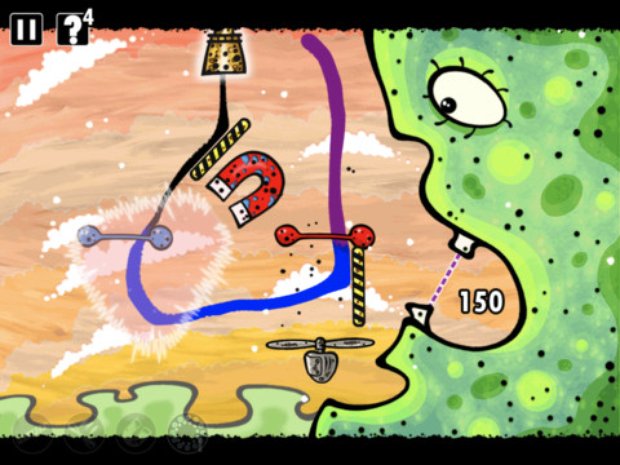

Nutrition delivery, is a key component in the management of critical illness. The synthesized results show the early EN led by a nurse to address the specific needs and the vital role of nutritional support, and also drive the enteral feeding for critically ill patients to reach the calorie target goals in short times to enhance clinical outcomes. The findings show the benefits of the early EN to guide nurses to start the EN as soon as possible after admitted to the Intensive Care Unit or when hemodynamic is stable in order to achieve a daily calorie target regarding the reduced hospitalization, duration of mechanical ventilation, morbidity, and mortality. The database of CINAHL, MEDLINE via PubMed and Scopus, Web of Science, and Embase through Ovid from January 2019 to September 2020, comprised of 221 articles which four articles are chosen and entered into the final analysis. This systematic scoping review is examined recently with the evidence of the early EN protocol led by nurses to drive and achieve the daily calorie target and improve clinical outcomes. An early Enteral Nutrition (EN) within 24-48 h is recommended to use in order to improve clinical outcomes. Therefore, in-service training should be conducted regularly to mitigate the gap in knowledge.Ĭritically ill patients face challenges in hypercatabolism due to crisis states, as it may lead to malnutrition. However, they are perceived to have positive attitudes towards the importance and administration of EN.
FEED ME OIL REVIEW PROFESSIONAL
The nursing personnel have inadequate EN knowledge, irrespective of their professional rank and experience.

A positive attitude towards EN was found and 96.1% of participants expressed the need for additional in-service training.

No significant differences were found between knowledge and professional rank (p = 0.14) and knowledge and years of working experience (r = −0.01 p = 0.85). Only one participant achieved the target score of ≥ 80%, and 16.3% scored ≥ 60%. In total, 207 (86.2% response rate) questionnaires were completed. Descriptive statistics were employed to describe the results and correlations were used to determine relationships between continuous variables. A score of 80% and above was rated as adequate knowledge. This study aimed to determine the knowledge, attitudes and practices (KAPs) regarding enteral nutrition of nursing personnel at 1 Military Hospital and to determine the need for updated in-service training.Ī descriptive, cross-sectional study with an analytical component was used to collect data from military nurses through a validated self-administered questionnaire. Therefore, nurses need to have adequate knowledge and a positive attitude regarding EN. Enteral nutrition (EN) support plays a vital role in reducing malnutrition in hospitalised patients, and its provision is primarily a nurse’s role.


 0 kommentar(er)
0 kommentar(er)
